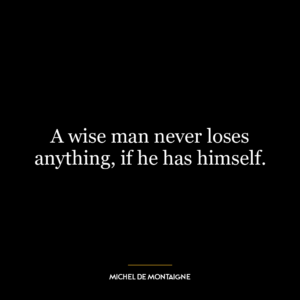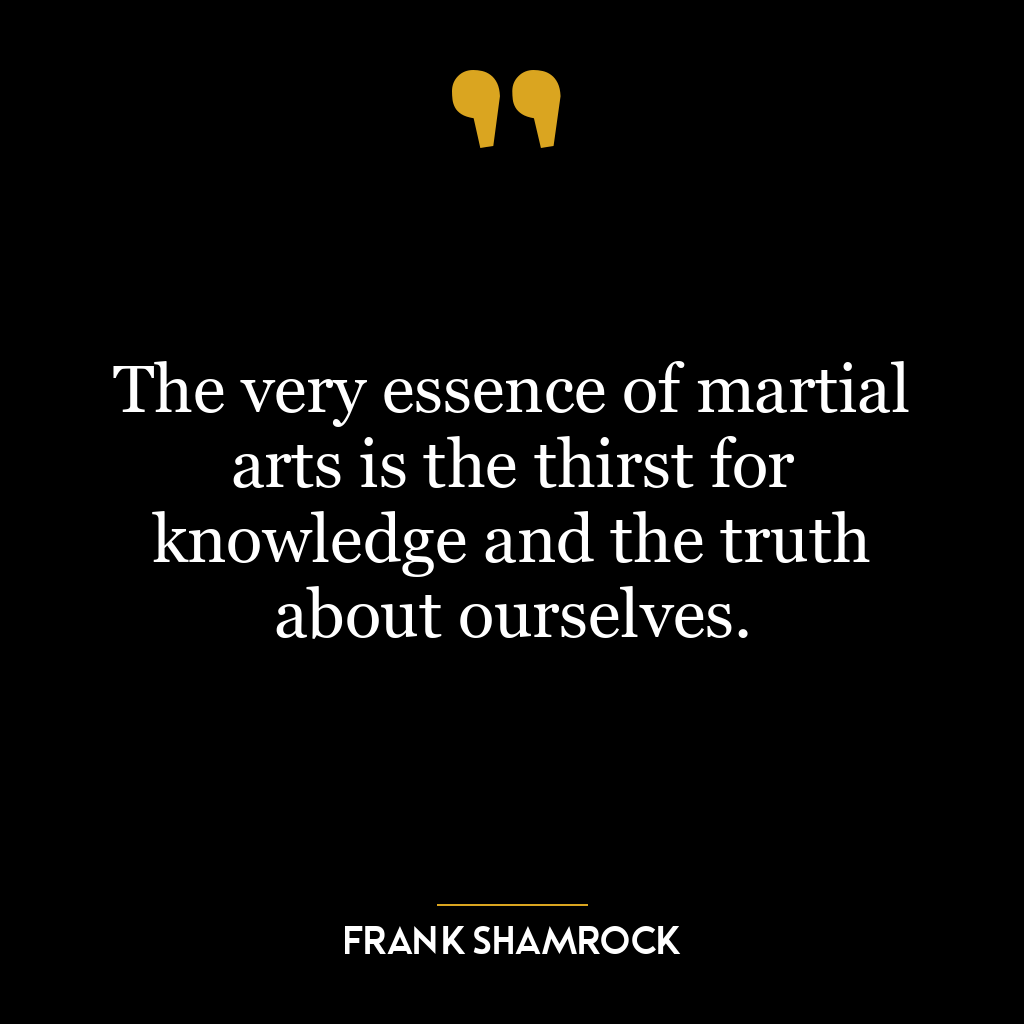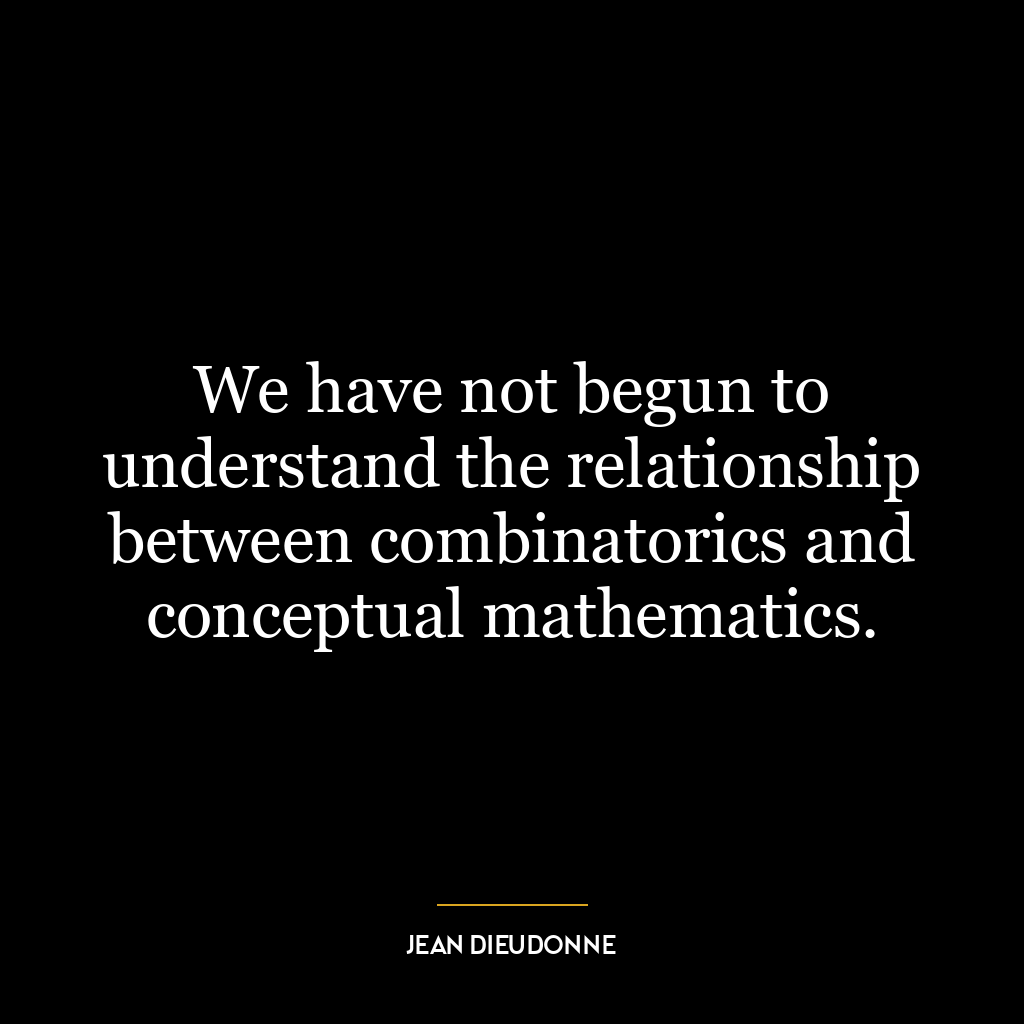This quote suggests that judgement is a more fundamental and crucial ability than knowledge. In other words, it’s possible to make sound decisions or form valid opinions (judgement) without having a vast amount of information (knowledge). However, having lots of information isn’t beneficial unless you can evaluate it effectively and make wise decisions based on it.
Consider this analogy: Knowledge is like a library full of books. Judgement is the librarian who knows which book to recommend depending on what you’re looking for. Without the librarian’s guidance, you might get lost in the sea of books or pick up irrelevant ones.
In today’s world, we are inundated with information from various sources – internet, social media, news outlets etc., making us arguably the most knowledgeable generation in history. But this doesn’t necessarily translate into wisdom or sound decision-making skills. That’s where judgement comes into play – to sift through this overload of data and discern what’s important, credible or relevant.
In personal development terms, one could focus not only on acquiring new knowledge but also improving their judgement skills – critical thinking, emotional intelligence etc., as these are key in utilizing that knowledge effectively. For instance, someone might know a lot about healthy eating (knowledge), but unless they can make good food choices consistently (judgement), that knowledge won’t help them much.
So while education and learning are important for personal growth and societal advancement; cultivating wisdom — the ability to judge well — should be equally prioritized if not more so. Being able to discern truth from falsehoods; right from wrong; valuable from worthless – these are parts of good judgement which makes our knowledge truly useful.










